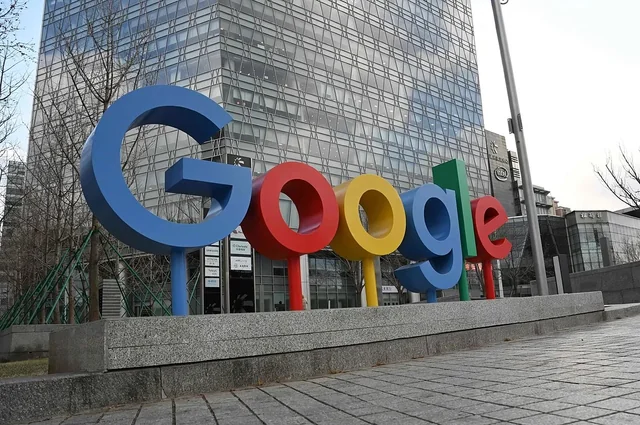Google UK Surveillance Allegations Highlight Backdoor Access Concerns
According to Wyden, Google refused to confirm or deny whether it had been subjected to demands from the UK government to install backdoor access in its services. The company merely responded that it would be legally barred from disclosing such a request if one did exist. This noncommittal stance mirrors Apple’s previous response when it was faced with similar accusations.
Citing The Washington Post, Wyden noted that Google’s silence is deeply concerning, particularly given the UK’s increasing reliance on secretive legal frameworks to compel compliance from foreign technology firms. “When my office asked Google about backdoor demands from the UK, the company did not answer the question,” Wyden stated, adding that this ambiguity is precisely what endangers public trust.
Apple Pushes Back Against UK Surveillance Law Demands
Apple, on the other hand, has taken a more transparent and resistant stance. Earlier this year, reports emerged that the UK Home Office had secretly instructed Apple to build a backdoor into its encrypted messaging services. In a bold counter-move, Apple chose to disable its most secure iCloud encryption features for users in the UK while keeping them intact globally.
Apple is now challenging this backdoor demand in a British surveillance court. Tulsi Gabbard, responding to Wyden’s earlier appeals, described the UK’s actions as “a clear and egregious violation of Americans’ privacy and civil liberties.” Apple’s strong opposition highlights the significant privacy risks posed by unchecked international surveillance practices.
Senator Wyden Questions Google’s Silence on UK Surveillance
Wyden’s latest letter suggests that the scope of the issue is far more extensive than initially believed. His repeated attempts to get clarity from Google have only been met with vague statements, which he views as cause for alarm. “If Google received a demand, it may be under a gag order, but the refusal to comment is still deeply troubling,” Wyden wrote.
The senator is particularly concerned that British laws may allow foreign governments to compel tech companies to compromise data security for users worldwide—without the knowledge or consent of those affected.
Meta Denies Receiving Any UK Backdoor Access Requests
Unlike Google and Apple, Meta (formerly Facebook) has offered some clarity. The company confirmed to Wyden’s office in March that it had not received any requests from the UK government to create backdoor access for its encrypted messaging platforms, including WhatsApp and Instagram. This statement provides at least some relief amid a climate of increasing suspicion and secrecy.
Privacy Experts Warn of Broader Implications of Google UK Surveillance
Digital privacy advocates argue that this issue represents a growing trend of cross-border surveillance, where foreign governments pressure tech companies to undermine security in the name of national interest. “If Google is being silently compelled to compromise encryption, that’s a serious breach of public trust,” noted a cybersecurity expert.
The consequences of such surveillance extend beyond individual user privacy. They set a precedent for governments to exploit legal loopholes and force companies into secrecy—weakening global data protection norms in the process.







